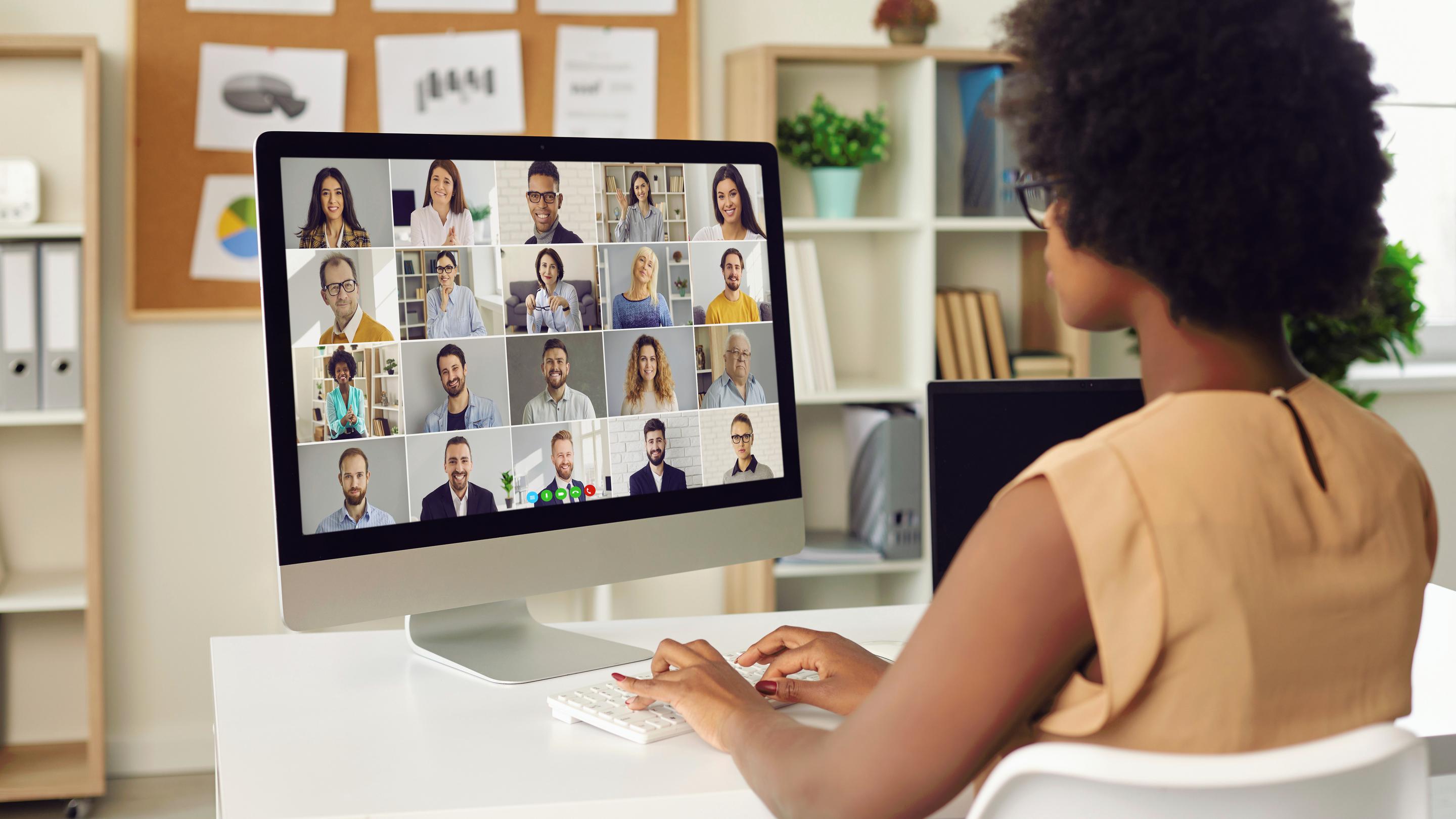The impact of AI in HR consulting
AI has long threatened to disrupt consulting. But with rapid adoption of platforms such as ChatGPT, should HR consultants be concerned?
There’s a reason ChatGPT has had the fastest adoption rate of any technology in history. Its use case applications appear to be endless – whether writing speeches, combing legal contracts or developing new business ideas. And given its ability to surface global knowledge and insights at scale – and lightning-speed – it has some questioning the future role of consultants.
Will the traditional holders of thought leadership, deep knowledge and proprietary strategy frameworks be replaced by generative AI?
This disruption of consultancy is not a new phenomenon. In 2017, a HBR article predicted AI would replace the most elite consultants and exponentially change how we gather information and make complex decisions in key areas. These include human resources and corporate strategy.
Human resources has already undergone a rapid evolution in recent years. When I first started consulting, we were seen as gatekeepers to local, global and industry specific knowledge and research. Now knowledge is freely available to everyone. We also spent a lot of time process mapping for HR functions. Now every HR tech platform has that process flow built in.
It’s no wonder companies expect much more from their consultants today, when technology is doing a lot more of the heavy lifting. Many decision-makers may be wondering, what will a consultant bring to the table that we can’t achieve with an in-house, AI-enabled HR consulting and analytics function?
“Many decision-makers may be wondering, what will a consultant bring to the table that we can’t achieve with an in-house, AI-enabled HR consulting and analytics function?”
1. Bringing valuable capability to drive real change in an organisation
It’s one thing to play with ChatGPT and the many other emerging generative AI tools. It’s another to build real generative AI capability within your organisation. The latter will have significant implications for your HR strategy – from recruitment to performance management and skills development.
Some organisations will focus on a very narrow set of use cases, while others will use it broadly for very different tasks. That decision starts with understanding the problems you want AI to solve for, and then building the capabilities and skills within the business to make that possible.
This is where HR consultants – ones who can not only advise on the change but help you execute it – will add value.
For example, a HR consultant could bring a deeper perspective to the ethical, cultural and compliance considerations involved. They can draw on global data and benchmarks that may not be publicly accessible, as well as learned experience of change management pitfalls.
2. Creating a truly differentiated strategy
Generative AI can already apply traditional management models and frameworks to business challenges and generate a strategy – in minutes.
But what is the true value of this?
ChatGPT doesn’t have all the answers (yet). And it’s also worth remembering it might be giving your competitors the same answers.
If every organisation started implementing a ChatGPT-generated strategy, it could be a quick race to the bottom. Homogenous ideas and solutions put every business at the same starting point – diluting all that differentiation you’ve worked so hard to build.
I’m working with one client, a very large global firm, who loves ChatGPT. So we might use it to co-create – to see what ChatGPT thinks about a certain problem, or get some ideas we might not have otherwise considered. But as with everything generated this way, we need to think critically about the inputs and outputs and test them with a human lens.
3. Being transparent when AI is your co-pilot
In an era of deep fake imagery and bot-generated content, trust is being eroded. As a relationship-focused partner for our clients, we have a role to protect that trust.
That starts with being upfront about when we are using generative AI and when we are drawing on our own proprietary information and perspectives. There are compliance issues at stake here – for example, GDPR requirements mean EU companies need to be clear about data privacy implications of AI tool usage.
We’re also seeing a full spectrum of adoption – some organisations are embracing it; others have banned it on their systems until they can mitigate the perceived risks.
Having said that, most clients appreciate the use of generative AI as a part of their program of work where they can see it adding value. For example, we recently conducted a series of listening sessions with employees as part of the discovery vision for a new program. With so many diverse perspectives, we needed a way to combine multiple vision statements into one. It was interesting to see where ChatGPT landed – it didn’t give us the answer, but it gave us some ideas to think about and a starting point for the next step.
Automate the analysis, not the thinking
As HR consultants, we understand how work is designed, how work gets done, and how that is changing in real time today. The rapid adoption of AI will only accelerate the shift towards thinking of work as skills – rather than roles – as a way to expand human capacity.
Like generative AI, human consultants can share data-led insights and knowledge. But unlike generative AI, we can also help our clients support their people through profound change. And when we work alongside emerging AI tools, we can continue to innovate, create new solutions and improve the experience for our clients – and for their people.
Because even in an AI-enabled workforce, talent will still be the most valuable asset within any organisation.
And I don’t see that changing any time soon.
PS: And if you are wondering, no, I didn't use ChatGPT to write this article!
Andrew Lafontaine talks about HR consulting in the age of HR
Related products for purchase
Related Solutions
-
Attract & retain talentMercer’s strategic workforce planning solutions provide a rational business basis to prioritise, develop and fund the people practices needed to support business…
-
Talent & transformation
Organisation design
Mercer’s organisation design consulting can help you transition from a traditional multilayered organisation to a simple, agile and distributed structure. -
People strategy
M&A
Driving deal value by facilitating Day 1 HR services delivery and enabling business leaders to align the operating environment with deal objectives. We do this in…
Related Insights
-
Attract & retain talent
Strategic workforce planning
Mercer’s strategic workforce planning solutions provide a rational business basis to prioritise, develop and fund the people practices needed to support business… -
Employee experience design
Mercer’s employee experience design uses design-thinking principles to define and shape solutions to meet your people’s needs more effectively and to bring out the… -
People strategy
HR transformation
Mercer offers a suite of HR transformation consulting services and tools to help revamp your people functions, accelerate digital implementation and support change…





